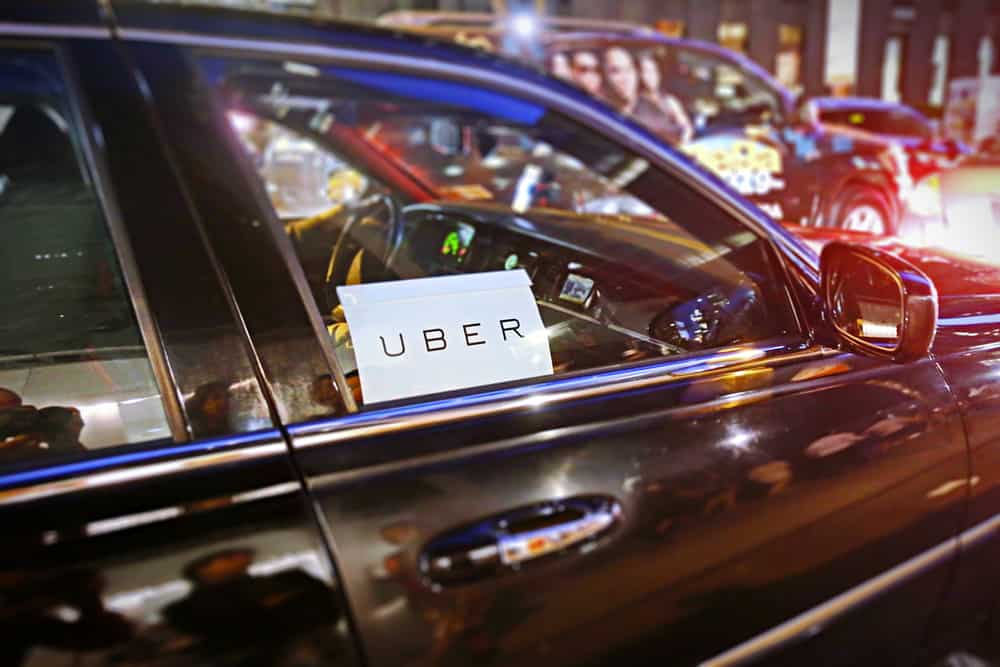
The U.S. Department of Labor found that workers providing services for an unnamed “virtual marketplace” company to be independent contractors, a development that could prove highly valuable for ride-sharing companies whose profits hinge on the use of workers with non-employee status.
The opinion letter, issued on April 29 by the department’s Wage and Hour division, concluded that workers who provide services to consumers through this specific company’s virtual platform are not employees of the company, and therefore the company is not obligated to pay benefits such as medical insurance, minimum wages and overtime.
“An important role of the U.S. Department of Labor is to ensure that employers who want to do the right thing have clear compliance assistance,” said Keith Sonderling, the division’s acting administrator, in releasing the opinion. “Today, the U.S. Department of Labor offers further insight into the nexus of current labor law and innovations in the job market.”
In making its determination, the department used a “longstanding and unchanged” balancing test it said was derived from U.S. Supreme Court precedent that considered six factors: the nature and degree of the potential employer’s control; the permanency of the worker’s relationship with the potential employer; amount of worker investment in facilities, equipment or helpers; amount of skill, initiative, judgment or foresight required for the workers’ services; worker opportunity for profit or loss; and the extent of integration of the workers’ services into the potential employer’s business.
While the name of the company that had requested the opinion was not disclosed, wording used in the opinion letter indicated it may be a business that provides a platform for home cleaning or repair services. But the ramifications could go well beyond the company referred to in the letter.
“We now know the Department of Labor’s current position on the factors related to independent contractor status, which gives us some guidance in terms of the enforcement activities that the agency will undertake,” Kathleen Anderson, a partner at the law firm Barnes & Thornburg, told FreightWaves. “If you’re an employer in the gig economy and have a Department of Labor audit, I’d feel more comfortable knowing that this has been issued.”
The Department of Labor letter took generally the same stance as a National Labor Relations Board ruling in January that found an airport shuttle service’s franchisee drivers were not employees under federal statute, but instead are independent contractors.
Worker classification status is extremely important to ride-sharing giant Uber, which noted the cost of lawsuits related to the issue in its April 11 IPO. For example, Uber reached an agreement in March to settle an independent contractor lawsuit with drivers in Massachusetts and California for $20 million.
In addition to the cost of arbitration and legal settlements, Uber warned potential investors that the company “would incur significant additional expense” if it had to compensate drivers as a result of legal decisions that could require the company to reclassify its workers as employees. It would also “require us to fundamentally change our business model, and consequently have an adverse effect on our business and financial condition.”
One such harmful decision for gig-economy companies like Uber and Lyft [NASDAQ: LYFT] – Dynamex v. Superior Court of Los Angeles County – was handed down by the California Supreme Court last year. Legal experts believe the decision could have negative ramifications for traditional trucking companies as well.











